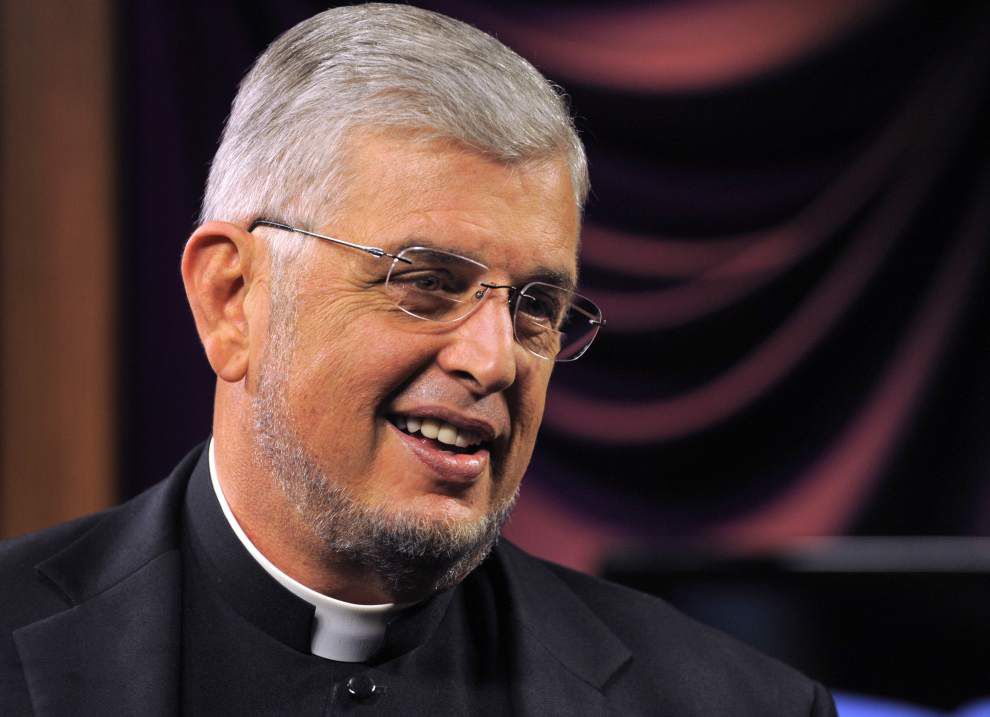Waiting Seven Years for Your Day in Court
By James Gill
After the lawsuit was filed, a trial was scheduled for 2009, but it was called off while an army of attorneys haggled before the judges of four different courts. We are still waiting for a trial date to set. Only a great deal of judicial bungling could cause such a delay. Indeed, the state Supreme Court, in a decision handed down last week, blamed itself for some of the “widespread confusion” that has left the case to yo-yo around the system for so long. Surely it is only in complex cases that judges should have to cudgel their honorable brains for seven whole years before a trial can begin. The issue that has held up proceedings here could hardly be simpler. A layman, reading the plain words of the relevant statute, could have resolved it at the beginning. It takes years of legal training to get lost in so many blind alleys. The suit was filed on behalf of Rebecca Mayeux, who alleged that in 2008, when she was 14, she had been sexually molested on several occasions by George Charlet, an elderly parishioner at her Catholic church in Clinton. Mayeux claimed she complained to her priest, Jeff Bayhi, during confession, but he had given her the brush-off. Bayhi was legally obliged to report Mayeux's accusations to the civil authorities, according the lawsuit, which was filed after Charlet died. Just before trial was due to begin before state judge Mike Caldwell, the archdiocese filed a motion to exclude any reference to what had been said in the confessional. Caldwell denied it on grounds that the priest/penitent privilege did not bar Mayeux from waiving her own right to secrecy. He noted, however, that, regardless of secular law, Bayhi would probably refuse to divulge what had been said at confession. The archdiocese had better luck in the court of appeal. Bayhi, the court decided in 2013, had no obligation to pass on Mayeux's accusations, since state law makes priests exempt from the requirement to report sexual abuse of minors if they learn about it in circumstances that are confidential by church decree. Since there was therefore no cause of action against Bayhi, any reference to the confession whatsoever was inadmissible at trial. The state Supreme Court rejected that decision, finding that Mayeux was entitled to testify about her own confession, and punting on the question of whether “this particular priest owed this particular duty to the plaintiffs.” The U.S. Supreme Court refused to intervene, and the case was sent back for trial. But before it could start, the archdiocese filed a motion claiming that it was unconstitutional to require priests to reveal what was said at confession. Caldwell agreed and opined that “this article violates Fr. Bayhi's right to the free exercise of his religion.” That decision did not stand either. Its obvious flaw was that the law did not require Bayhi to break the seal of confession anyway. It plainly states that priests must report sexual abuse of minors only if they learn about it outside the confessional. Thus, the state Supreme Court threw out Caldwell's ruling on grounds that there was no need to invoke the constitution because Bayhi did not qualify as a “mandatory reporter” under the plain wording of the statute. This was not exactly a novel insight. The appeal court had reached precisely the same conclusion three years ago. In overturning that decision, the state Supreme Court had noted Bayhi may have received “information outside the confession that would trigger his report,” but had failed, as it acknowledged last week, to determine “whether a priest in administering sacramental confession is a mandatory reporter.” Now the state Supreme Court has concluded that the statute makes it perfectly clear the answer is that he is not. It took so long to state the obvious, leaving Caldwell and the archdiocese to wander down the constitutional byways, that the state Supreme Court was obliged in its latest opinion to accept that it sure missed a trick in this case. Now it is back in Caldwell's lap, with Mayeux apparently free to testify about what she told Bahli at confession. That won't matter, unless, say, it bolsters a claim against him for failing to divulge information gleaned in a nonconfidential setting, but, if this case ever is going to get underway, it must happen soon. Every conceivable diversion has been tried already.
|
.
Any original material on these pages is copyright © BishopAccountability.org 2004. Reproduce freely with attribution.
